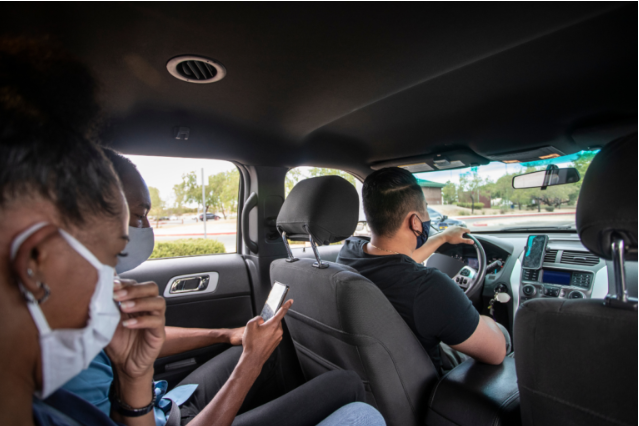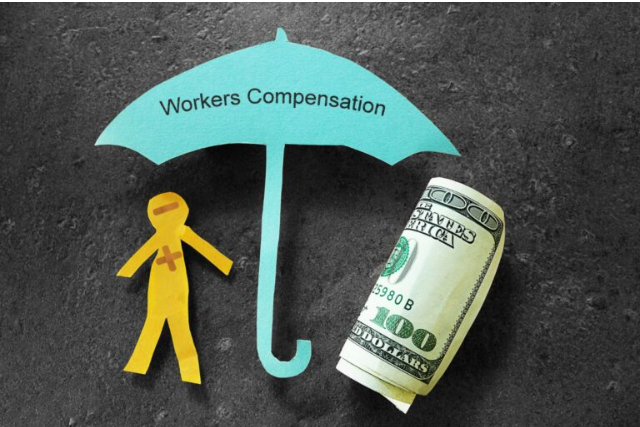Rideshare accidents are becoming more common as more people rely on services like Uber and Lyft to get around. While the rideshare concept is convenient, dealing with the aftermath of an accident can be confusing, especially when it comes to insurance. Knowing how to handle insurance companies after a rideshare accident can save you time, stress, and money.
Consult a qualified rideshare accident lawyer to get assistance in dealing with insurance companies.
Understand the Involved Parties
When a rideshare accident happens, several parties may be involved, and their insurance policies can overlap. Understanding who’s responsible is key to managing your claim.
- Rideshare Company Insurance:
Rideshare companies typically provide coverage for their drivers, but it depends on the app’s status. For example, if the driver is actively transporting a passenger, there’s usually higher coverage, often up to $1 million in liability. If the driver is waiting for a ride request, the coverage might be lower. - Driver’s Insurance:
Many drivers’ personal insurance policies don’t cover accidents that happen while rideshare driving. This is where rideshare company coverage usually kicks in. - Third-Party Driver’s Insurance:
If another driver caused the accident, their insurance might be responsible. However, proving liability can sometimes be tricky.
What You Should Do Immediately After the Accident
Taking the right steps right after an accident can make the insurance process smoother.
- Ensure Safety and Call for Help:
Your health and safety come first. Move to a safe spot if possible and call emergency services. - Document Everything:
Take clear photos of the accident scene, including the vehicles involved, damage, and any road signs. Gather contact details from witnesses and note important details like the time and location. - Inform the Rideshare Company:
Report the accident through the rideshare app as soon as possible. This step helps ensure that their insurance coverage comes into play.
How to Navigate the Insurance Process
Dealing with insurance companies can feel overwhelming, but staying organized can help.
- File Claims with All Relevant Insurers:
You’ll need to notify all involved insurance providers: the rideshare company, the driver’s insurer, and any third-party insurers. - Keep Detailed Records:
Save every document related to the accident, including medical bills, repair estimates, police reports, and emails with insurers. These records can support your case if there’s a dispute. - Be Careful with Settlement Offers:
Insurance companies may try to settle quickly, but their initial offers are often too low. Take your time to evaluate whether the amount truly covers your expenses.
Challenges You Might Face
It’s not always smooth sailing when dealing with insurance claims. Here are common challenges and how to handle them:
- Disputes Over Who’s at Fault:
Insurance companies may try to push the blame on someone else. Make sure you have all the evidence to back up your side of the story. - Policy Gaps or Exclusions:
If a driver’s insurance doesn’t cover rideshare activities, it could lead to delays in compensation. Knowing the rideshare company’s policy limits can help. - Slow Claims Process:
Insurance companies might drag their feet. Stay persistent by following up regularly and keeping track of all communication.
Tips for Negotiating with Insurance Companies
When talking to insurance adjusters, your approach matters.
- Stick to the Facts:
Share only the necessary details and avoid guessing or making statements that could be used against you. - Don’t Sign Without Reading:
You may be asked to sign forms or agreements. Make sure you fully understand them before signing anything. - Seek Help When Needed:
If you feel overwhelmed or unsure, getting professional advice can prevent costly mistakes.
When Legal Action Might Be Necessary
Sometimes, insurers won’t offer a fair settlement. In cases like disputed liability or significant injuries, you might need to take legal action. While going to court isn’t always ideal, it can ensure you get the compensation you deserve.
Conclusion
Dealing with insurance companies after a rideshare accident can be tricky, but it’s manageable if you stay informed and organized. By understanding the involved parties, taking the right steps after the accident, and handling insurance companies carefully, you can navigate this process with confidence.












